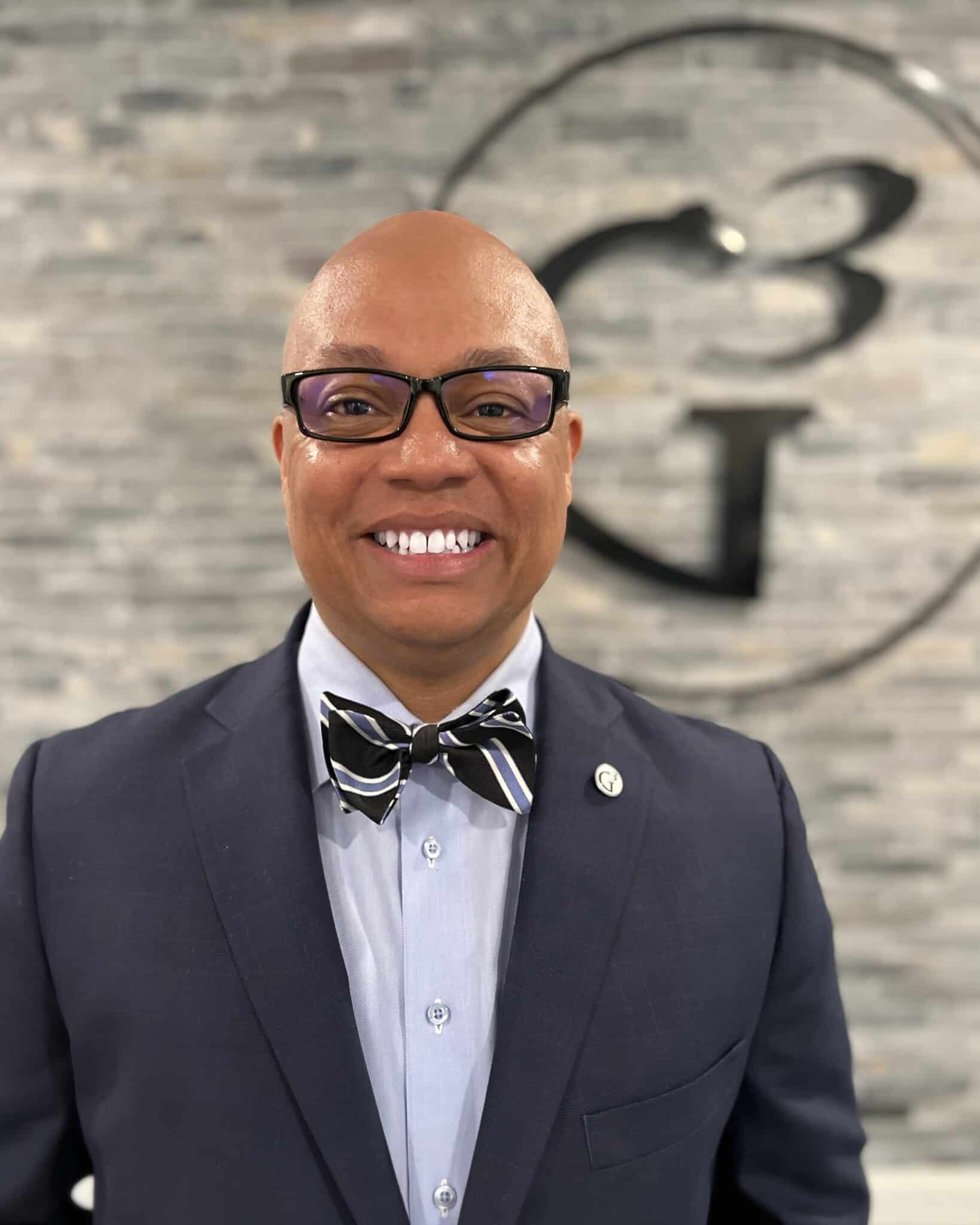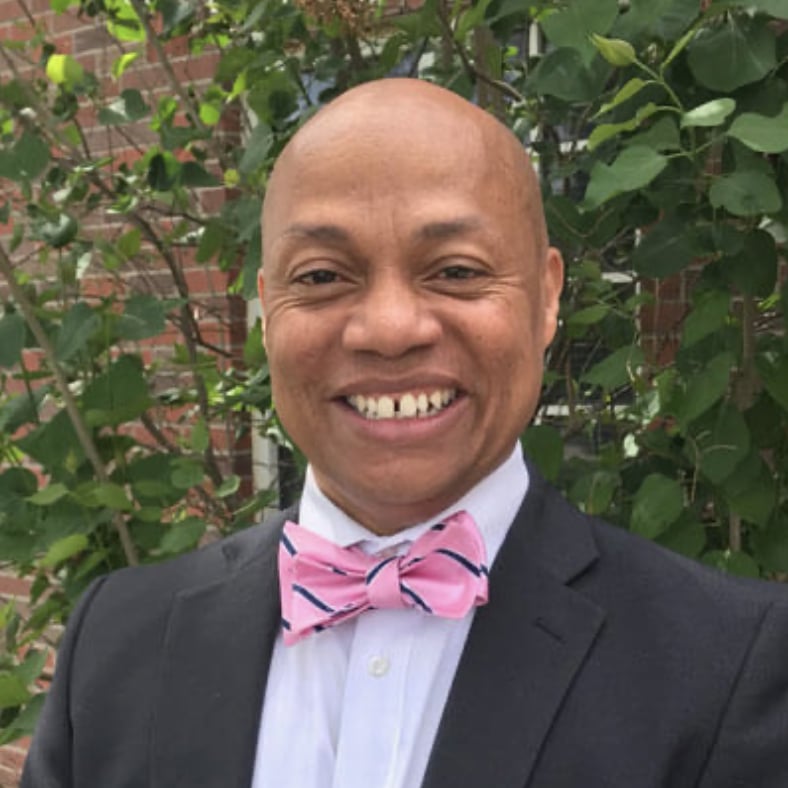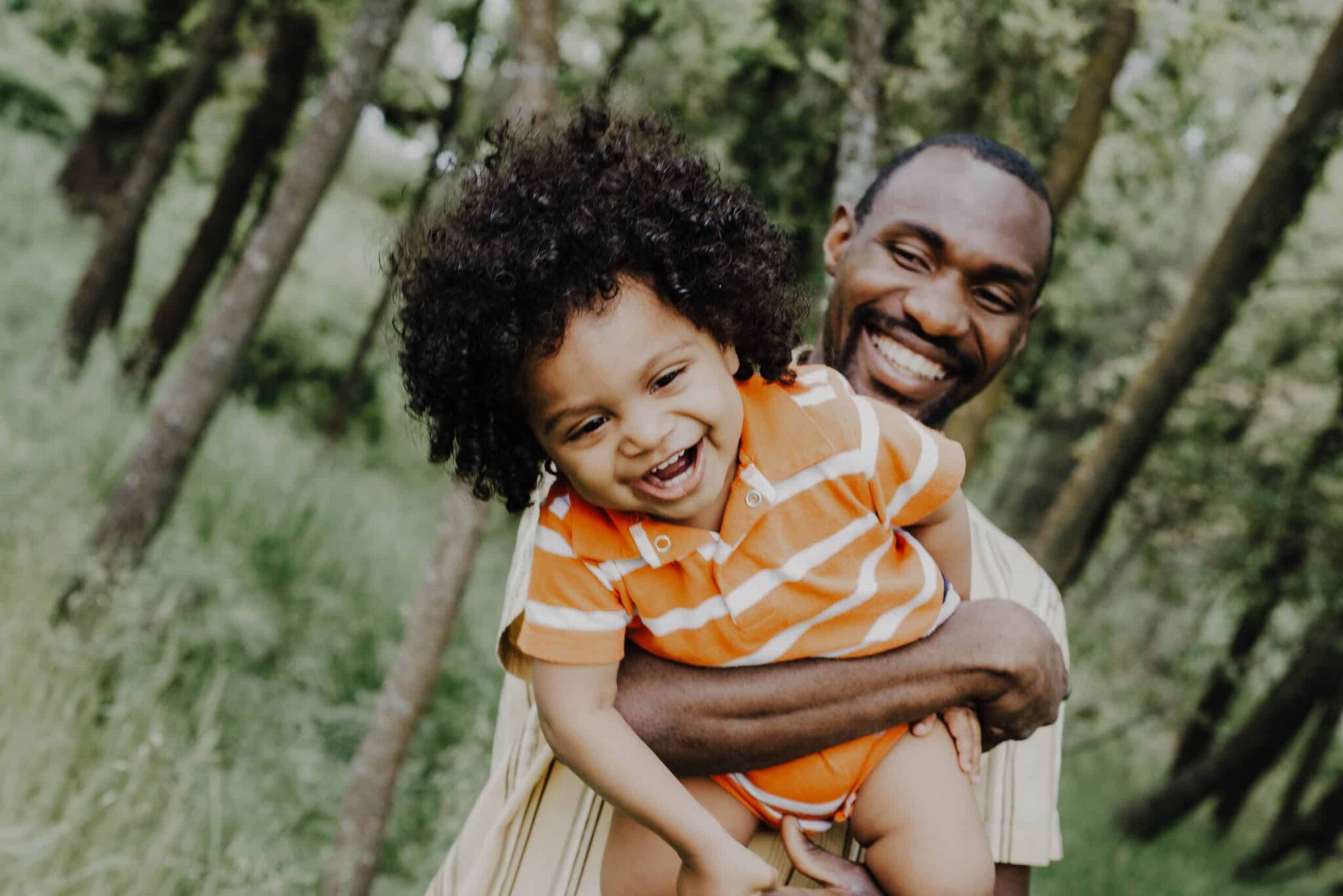Do black men matter? The obvious answer is, yes, black men matter. The question is, “In what way do black men matter most?” The answer is that all men, including black men, matter most notably in their children’s lives.
As the firstborn son of Clarence and Mary Walker of Utica, New York, I learned a few things very early on in life. The first thing my father taught me was hard work. My father would say, “No one but you are to blame for your failure. However, everyone will play a role in your success. So, never step on anyone as you climb the ladder toward your next goal.” My father’s constant instruction was that while I may not be smarter than the next man, I am fully responsible for the hard work I dedicate to the task. So, he instructed my brother and me to work harder than others to be successful. My father also told me, “Don’t ever plan to do something that you know will embarrass our family.” I knew that the last instruction covered everything from stealing to getting a girl pregnant before marriage and any other costly decision early in life.
“No one but you are to blame for your failure. However, everyone will play a role in your success. So, never step on anyone as you climb the ladder toward your next goal.”
When I was growing up, I assumed that everyone received the same advice from their father. Unbeknownst to me at the time was that single-parent households were on the rise. By 1980, approximately 1 in 10 white children and 5 in 10 black children were experiencing life without a father in the home.[1] The statistics on these numbers have dramatically increased. By 2018, the most recent statistics available, unwed mothers account for 4 out of 10 single-parent households. Black unwed mothers have grown to 7 out of 10 children born to a single-parent home. [2]
As I think about these epidemic numbers and compare them to the current focus on critical race theory to solve racial disparity, I must ask a question. Can you imagine the benefit that the black community would experience if proponents of critical race theory honestly addressed the systemic problem of fatherlessness? Like a man dying of thirst in the desert, many are running to the well of critical race theory as if it were drinking water. Sadly, CRT is a mirage, causing proponents to ignore the most fundamental problem of disparity in the black community—fatherlessness.
Studies are clear regarding the innumerable problems that are the result of absentee fathers. If something is not done quickly, the current devastation within black communities will only grow more prominent in the coming years. As one who benefited from a father in the home, my father taught me many things that I see missing in this current generation of fatherless males. Allow me to give you the benefit of the two lessons I mentioned at the opening.
You Are Not a Victim
My father once said, “Son, racism only has the power you give it.” My father was not ignoring that racism existed. Born in rural Arkansas and armed with a 6th-grade education, my dad had first-hand knowledge of the racism of the Jim Crow south. However, he never allowed racism or a lack of formal education to stop him from accomplishing a goal. Furthermore, as a family whose faith is central in our lives, we serve God, who is more powerful than any racist. Our culture today is missing key fatherly instruction that refuses to see victimhood as a badge of honor followed by the masculine example of sticktoitiveness.
As if the lack of a father in the home weren’t enough, school systems across the country reinforce victimhood in the form of CRT. While schoolteachers train students in the soft bigotry of low expectations provided by CRT, young men are often parented with the feminist idea that a father is an unnecessary accessory in the home.
Like a man dying of thirst in the desert, many are running to the well of critical race theory as if it were drinking water. Sadly, CRT is a mirage, causing proponents to ignore the most fundamental problem of disparity in the black community—fatherlessness.
Expressions of victimhood are a unique expression of one’s culture. However, nationwide we are witnessing a growing number of teenage males abandoning notions of manhood as they challenge their gender identity. In the U.S., the number of children embracing transgenderism is increasing. According to a UCLA study, the percentage of those suffering from clinical gender dysphoria is 0.7%.[3] Studies also suggest that black LGBTQ+ youth suffer increased suicidality and mental depression due to their status.[4] However, many adolescent males, devoid of masculine role models, are embracing the initial peer-group celebrity that comes with challenging their gender identity.
Where is the clarion call to stop this endangering trend within the black community? Well, the silence is deafening. Furthermore, organizations like BLM have taken in billions of dollars in corporate money without the slightest compulsion of helping the lives they claim matter most. Many BLM supporters believe the corporations that have raised 1.67 billion dollars for racial equality are not doing enough. One reporter notes, “What is surprising is the paucity of corporations and the stinginess of the donations. In a sense, this shows the true regard corporate America has for black people and is, in actuality, why marches and demonstrations were required in the first place.”[5] In this current culture, victimhood is power. Therefore, those intending to help will only find that their efforts are seen as counterproductive to the goal of remaining a permanent victim.
Our culture today is missing key fatherly instruction that refuses to see victimhood as a badge of honor followed by the masculine example of sticktoitiveness.
Don’t Embarrass the Family
My father may not have been able to exegete Scripture with the precision of a well-trained theologian, but he clearly understood Proverbs 13:24, which reads, “Whoever spares the rod hates his son, but he who loves him is diligent to discipline him.” While our family name carries no weight in social circles, it meant enough to my father for him to give my brother and me critical instruction. “Don’t go out there and embarrass the family,” my father explained. This direction covered any poor decision we made to create a trail of chaos that would lead back to our home. Whenever we would hear stories about boys who would get caught stealing or some other kind of trouble, my father would say, “See, them boys don’t have good home training!” My father was right. Sadly, far too many fatherless households seem to be filled with boys without home training.
In a study published in the Journal of Family Issues, “Being raised by a single mother raises the risk of teen pregnancy, marrying with less than a high school degree, and forming a marriage where both partners have less than a high school degree.”[6]
The National Longitudinal Study of Adolescent Health examined the impact of fatherlessness on neighborhoods. The results revealed the following:
If the number of fathers is low in a neighborhood, then there is an increase in acts of teen violence…statistical data showed that a 1% increase in the proportion of single-parent families in a neighborhood is associated with a 3% increase in an adolescent’s level of violence. In other words, adolescents who live in neighborhoods with lower proportions of single-parent families and who report higher levels of family integration commit less violence.[7]
The response from those claiming to care about the lives of the most vulnerable is to defund the police, a topic for another blog article.
The Solution
While policymakers and politicians struggle to find answers to a wave of seemingly new cultural challenges, my father’s wisdom was rooted in the biblical foundation given to him as a boy. His instruction for hard work was rooted in the Biblical principle found in Paul’s letter to the Colossians, “Whatever you do, work heartily, as for the Lord and not for men” (Colossians 3:23). Additionally, Paul’s admonition to the church at Thessalonica says, “For even when we were with you, we would give you this command: If anyone is not willing to work, let him not eat” (2 Thessalonians 3:10).
I can think of numerous passages in Scripture that would explain my father’s instruction in Godly living: Galatians 5:16; Hebrews 13:5; 1 John 2:15-16; Proverbs 16:3; Proverbs 28:20; Ephesians 4:26. Of these, my brother and I were to understand Romans 12:1-2:
I appeal to you, therefore, brothers, by the mercies of God, to present your bodies as a living sacrifice, holy and acceptable to God, which is your spiritual worship.Do not be conformed to this world, but be transformed by the renewal of your mind, that by testing you may discern what is the will of God, what is good and acceptable and perfect.
My father appealed to his sons as young men growing up in his house, aiming toward what I see missing in the lives of so many young men—Godliness. Much more important than the color of his skin was the content of his character as a man who pointed us to Scripture.
[1] https://www.washingtonpost.com/archive/politics/1982/05/03/single-parent-families-rise-dramatically/cc4afac4-2764-419e-8bda-66f14bad3dd0/
[2] https://www.ceousa.org/2020/02/26/percentage-of-births-to-unmarried-women/
[3] https://williamsinstitute.law.ucla.edu/publications/age-trans-individuals-us/
[4] https://www.thetrevorproject.org/2020/10/06/all-black-lives-matter-mental-health-of-black-lgbtq-youth/
[5] https://www.blackenterprise.com/black-lives-matter-corporate-america-has-pledged-1-678-billion-so-far/
[6] https://fathers.com/statistics-and-research/the-consequences-of-fatherlessness/2/
[7] https://onlinelibrary.wiley.com/doi/abs/10.1111/j.1741-3737.2005.00168.x





